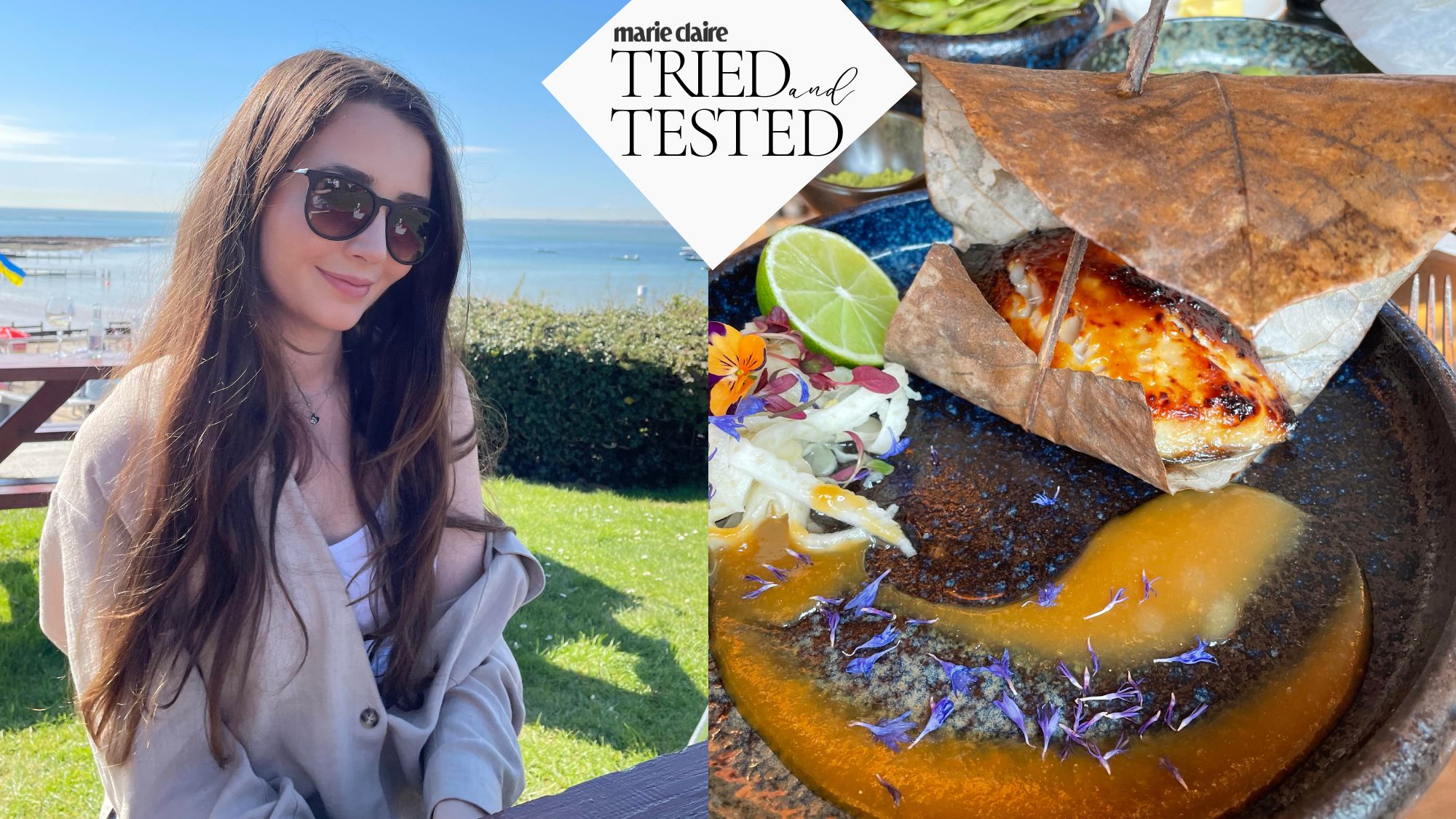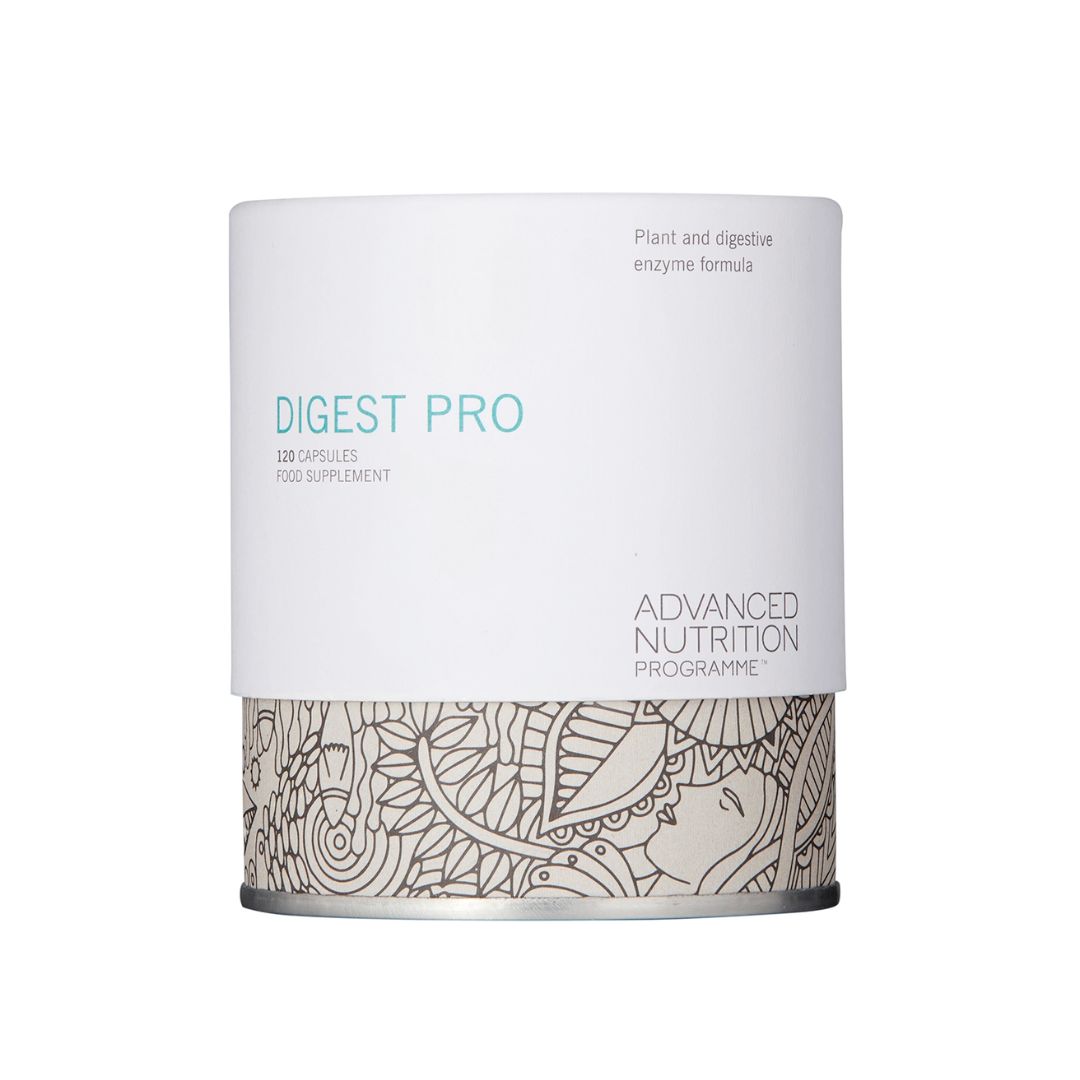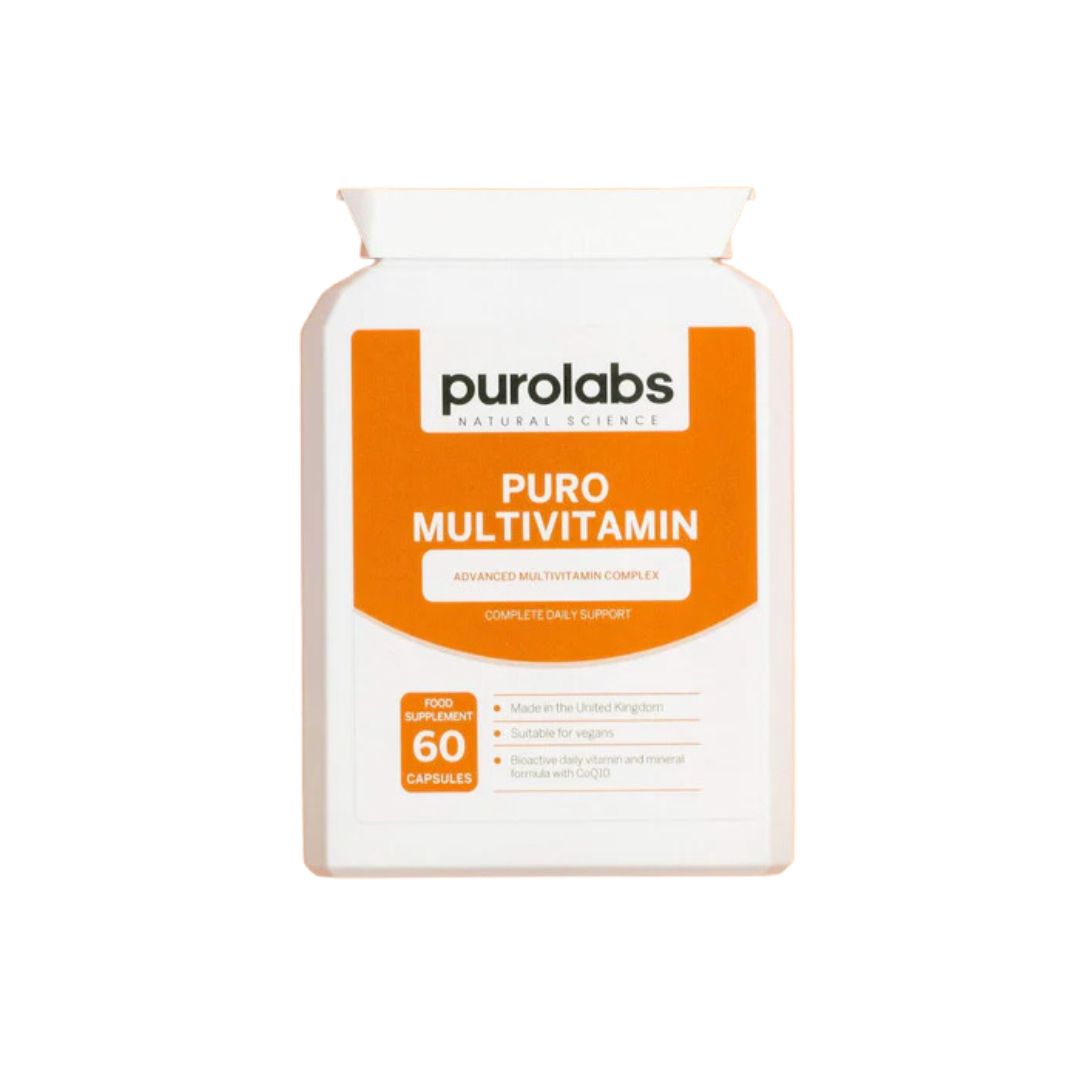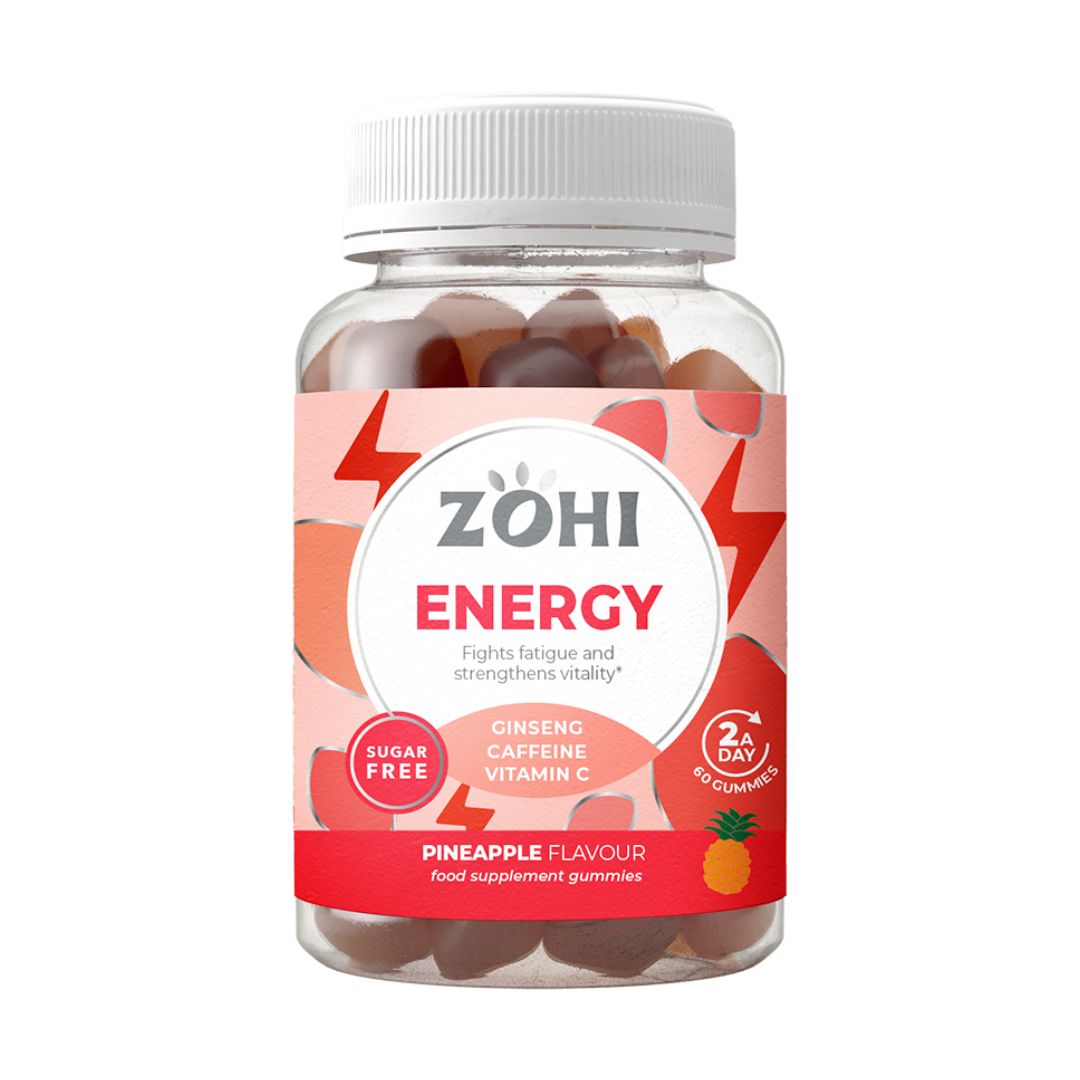I was vegan for three years but recently started eating meat again. Here's why
Plus, why I feel it was the best decision I ever made.


I first went vegan in 2020 after developing chronic fatigue - but three years later, I made the difficult decision to start eating animal products again. Wondering why I stopped being vegan? Good question - because it's not a decision I made lightly.
I decided to give a vegan diet a go for a number of reasons. It's proven to be better for the planet (consuming less meat means you'll have a lower carbon footprint). Plus, it can offer health benefits, too - one 2021 study found that vegans had lower rates of several heart diseases. Personally, I decided to give it a go as I was keen to adopt a more healthy lifestyle and become more mindful about what I was eating, as well as doing my part for the planet.
I'm far from alone - interest in veganism has boomed in recent years, with stars including Beyonce and Ellie Goulding jumping on the celebrity vegan bandwagon and 4.6 billion views on the #veganrecipes TikTok hashtag alone.
That said, I found being vegan came with several challenges - both physical and mental. Which is why, earlier last year, I started to transition back to incorporating fish and meat into my diet in moderation.
According to the team at No Meat May, 14% of the 2,000 surveyed said they are planning to cook more vegan food this year compared to last. But many of those people will also enjoy meat in moderation, rather than discluding animal products altogether. Here's why I chose to do the same, plus why I believe that enjoying everything in mindful moderation can also be good for the planet, rather than approaching eating with a black-and-white all-or-nothing approach.
Why I stopped being vegan after 3 years of plant-based eating
Why did I chose a vegan diet?
First things first: a bit of back story. I first decided to go vegan after suffering from chronic fatigue and needing more energy. I'd recently watched Cowspiracy on Netflix and, while it had never crossed my mind to try a vegan diet before, I can safely say the documentary changed the way I thought about the food I consumed.
I'd heard so many tales of friends who had changed to a vegan diet and felt fantastic and I wanted in. Speaking to a nutritionist to confirm the potential health benefits of trying a vegan diet, Melissa Kuman, RNutr BSc, Nutritionist at X-Club, shared that going vegan can jampack your diet with fibre, vitamins, minerals, and antioxidants - but only if it's well-balanced. "These benefits can often outweigh those found in non-vegan diets," she confirms. "Studies indicate that vegans may have lower risks of heart disease, high blood pressure, type 2 diabetes, specific forms of cancer and obesity," she tells Marie Claire UK.
Celebrity news, beauty, fashion advice, and fascinating features, delivered straight to your inbox!
If you suffer from high cholesterol, high blood pressure or type 2 diabetes, then you might benefit from adopting a plant-based diet, she goes on. "However, before making such an important dietary decision, it's essential to discuss this with your healthcare provider or registered Dietician for proper nutrition management," she reminds us.
How did I feel after adopting a vegan diet?
Honestly? There's a reason I stuck to my new lifestyle for three years. I felt great, and my energy levels were more consistent, too.
While I tried to stick to my new lifestyle as much as possible, there were occasional slip-ups - I had chicken nuggets occasionally after nights out and non-vegan chocolate at Christmas, too. This often led to me feeling guilty and questioning whether I'd made the "right" food choice.
This was problematic, as I knew food wasn't meant to be about "wrong" or "right" food groups or feelings of guilt. Kuman seconds this, assuring that a balanced diet is one that focuses on just that, rather than restriction. She so reckons starting to incorporate non-vegan foods back into my diet was a good move.
"A balanced diet should consist of foods from multiple food groups in appropriate proportions, including carbohydrates, proteins, healthy fats, vitamins and minerals, as well as enough hydration," she explains. "Each food group provides essential nutrients essential for good health and wellbeing."
This was another thing - while I loved getting creative and trying new vegan alternatives, transitioning to a totally meat-free diet does take planning. I always had to be mindful of making sure I was getting enough nutrients from my meals and supplementing adequately, too. I found this, over time, to be more challenging than I'd anticipated - another reason I decided to start eating meat here and there again.
"As with any diet change, such as adopting a vegan lifestyle, finding suitable alternative sources of nutrients you would have otherwise obtained from specific food groups is essential," confirms Kuman. "For instance, when eliminating dairy from your diet, it's crucial that calcium consumption remains adequate through plant-based sources like fortified plant milk, tofu, leafy greens or supplements. If another food group such as carbohydrates was removed, it is more difficult to feel full and satisfied, plus fibre goals would be difficult to reach leading to bowel issues."
I always made sure to add omega three supplements, B5, and vegan protein sources, too.
Transitioning back to a more balanced medium
Taking into account the mental toll I felt like being 100% vegan was having, I started slowly incorporating some non-vegan products back into my diet.
I found I felt as good as when I'd been 100% vegan - my energy levels stayed consistent and, on top of that, I enjoyed the freedom and excitement of enjoying what food I wanted, when I wanted it.
It's important to note here that your diet is highly personal and needs to be tailored to your own wants and needs. For many, adopting a fully vegan diet will be a great way to boost energy, up nutrient intake, and help lower your carbon footprint, too. However, I find eating everything in mindful moderation, not restricting myself, and buying organic and sustainably sourced meat when I do eat it works for me.
This is by no means an article aimed at encouraging people not to give veganism a go - I'd say 50% of my meals are still fully vegan, and as Kuman confirms, we could all benefit from focusing on eating more fruit, veg, legumes, seeds and nuts.
That said, a vegan diet isn't for everyone - and while I beat myself up about it not being able to stick with it for a while, studies do show that some may benefit from not cutting animal products out entirely. "Some studies have found that a vegan diet may be linked with a lower intake of protein, vitamin or minerals which can induce chronic inflammation," shares Kuman. "Some individuals may also find it challenging to meet their nutrient needs through processed vegan food which can lack essential minerals and vitamins. Instead, focus on whole plant foods like fruits, vegetables, legumes, whole grains, nuts and seeds instead of solely relying on processed alternatives."
Not to mention the fact that those living with certain health conditions, such as nutritional deficiencies, malabsorption issues or allergies, may find it more challenging to meet their nutrient requirements on a vegan diet. "Do work closely with your healthcare providers or dietician to work out the right eating plan for you," advises the expert.
Bottom line? While trying more vegan meals could be beneficial for both people and planet, finding a diet that works for you and your lifestyle is key. Eating should never make you feel guilty - instead, it's absolutely key to take the time to figure out what works for your body. For me, that's everything in moderation.

Dionne Brighton is the Social Media Editor at Marie Claire UK. After writing about everything from nail trends to celebrity style moments for Marie Claire UK, Glamour UK and Woman & Home, she now leads the brand’s social strategy. Her work transforming Marie Claire UK’s social platforms earned her a BSME Talent Award nomination.


